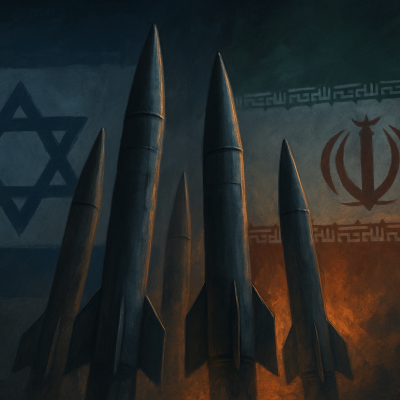Satoshi Ikeuchi, Professor, Religion and Global Security, University of Tokyo
Under the surface of the COVID-19 restrictions, steady changes in our conduct of professional life are going on. We thought those changes as temporary ones when they were first introduced, but after the 8 months of online lectures and virtual conferences, changes seem to be permanent.
The research and education, is one of the hardest-hit by travel restrictions, either domestic and international. University campuses are closed partially or in its entirety. Students cannot gather on campus. Foreign students can’t enter the country, wasting the prime young days waiting for the restrictions to be lifted. Most of the research trips were cancelled.
In replacing them, online gatherings have become an established part of our business.
The disadvantages of travel restrictions can be turned into a new opportunity for some.
One day, I gave a lecture to Chinese students in Tsinghua University, one of the most prestigious universities in China, without moving from my office in Tokyo, Japan. The list of the guest lecturers in the lecture series on the Middle East, organized by the Institute for International and Area Studies (IIAS) of Tsinghua University, invite scholars from Morocco, UAE, Israel and Britain. If there was not the COVID-19 plague with lockdowns and travel bans and the replacement by virtual format, such a series of lectures by a wide range of speakers from all over the world would be impossible or extremely difficult.
I could sense, from the responses of audiences of my lecture, that Chinese academic research on the Middle East is undergoing a fundamental change, regardless of COVID-19 but accelerated by it.
China has long been cooperating with Middle Eastern countries in the framework of the Third Worldism or anti-imperialism, as the relationship between developing nations and often times between anti-American countries.
In contrast, newly emerging Chinese academic interests in Area Studies of the Middle East look more like those of the United States or Japan, those of developed industrial countries conducting research on developing nations.
Another change which is also emerging and quickly spreading is the open presence of Israel and cohabitation of Israeli and Gulf scholars in public stage, which would be avoided with much effort. Without waiting for the implementation of visa-exemption or establishment of weekly commercial flights between two countries, some Emirati intellectuals and Israeli scholars are sharing podium on virtual stage in public, a stark contrast with the recent past.
Multifaceted paradigm changes are going on with or without the COVID-19 influences.





